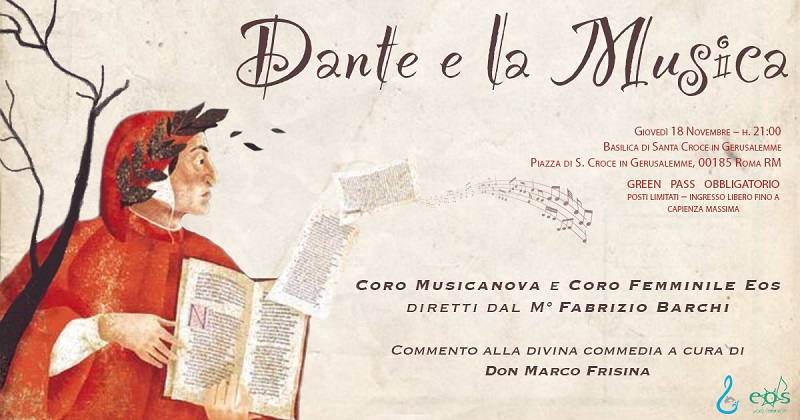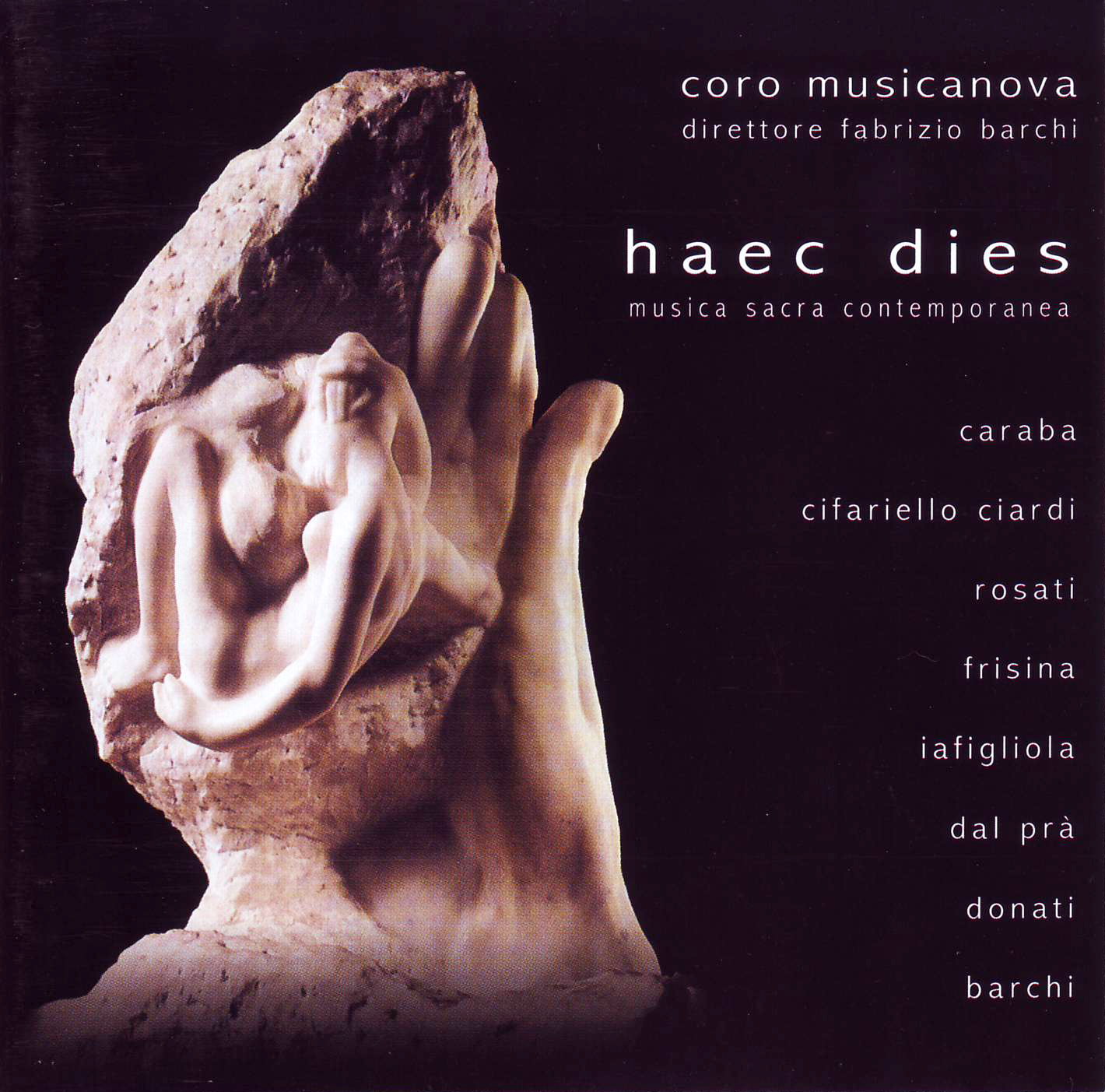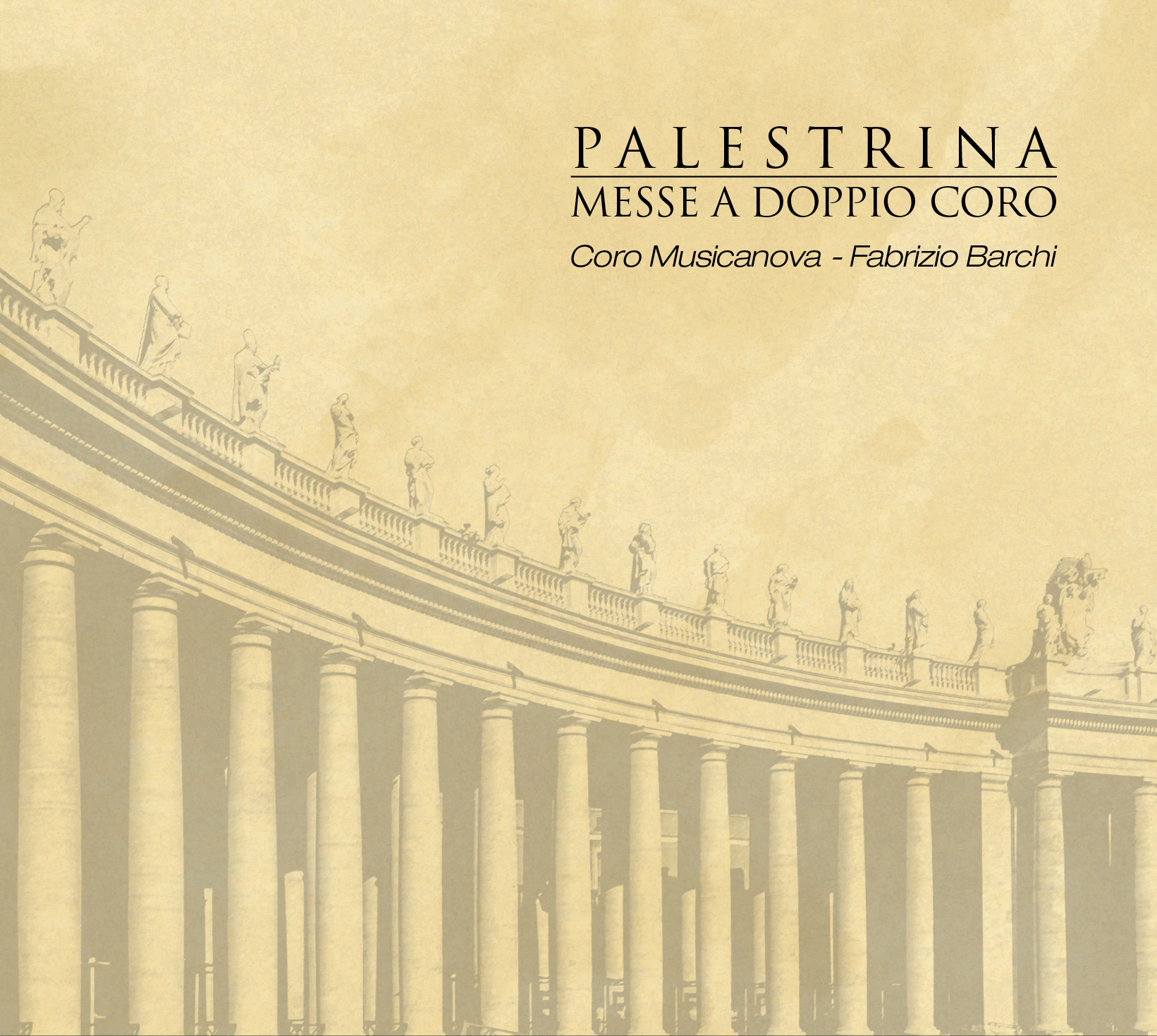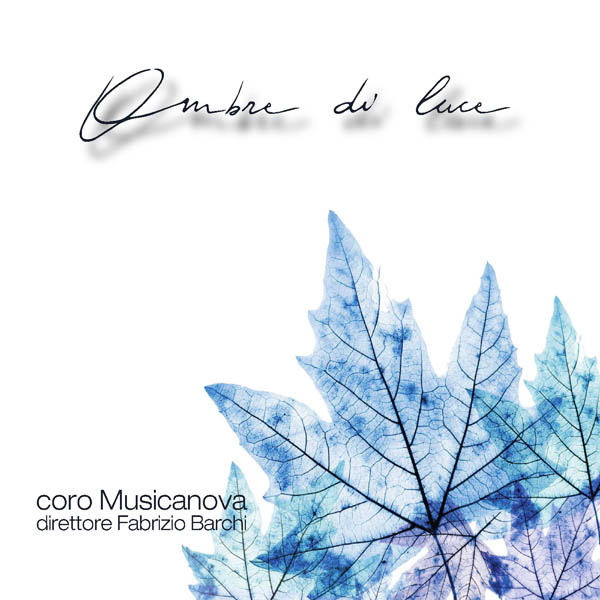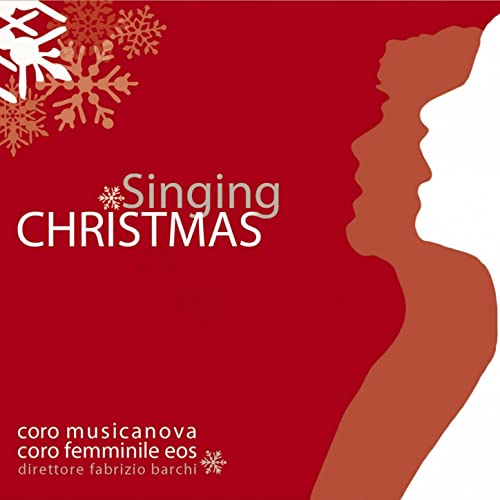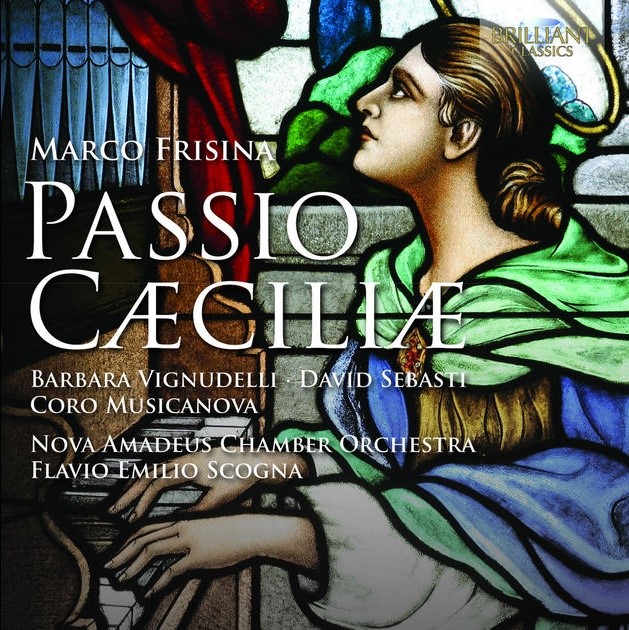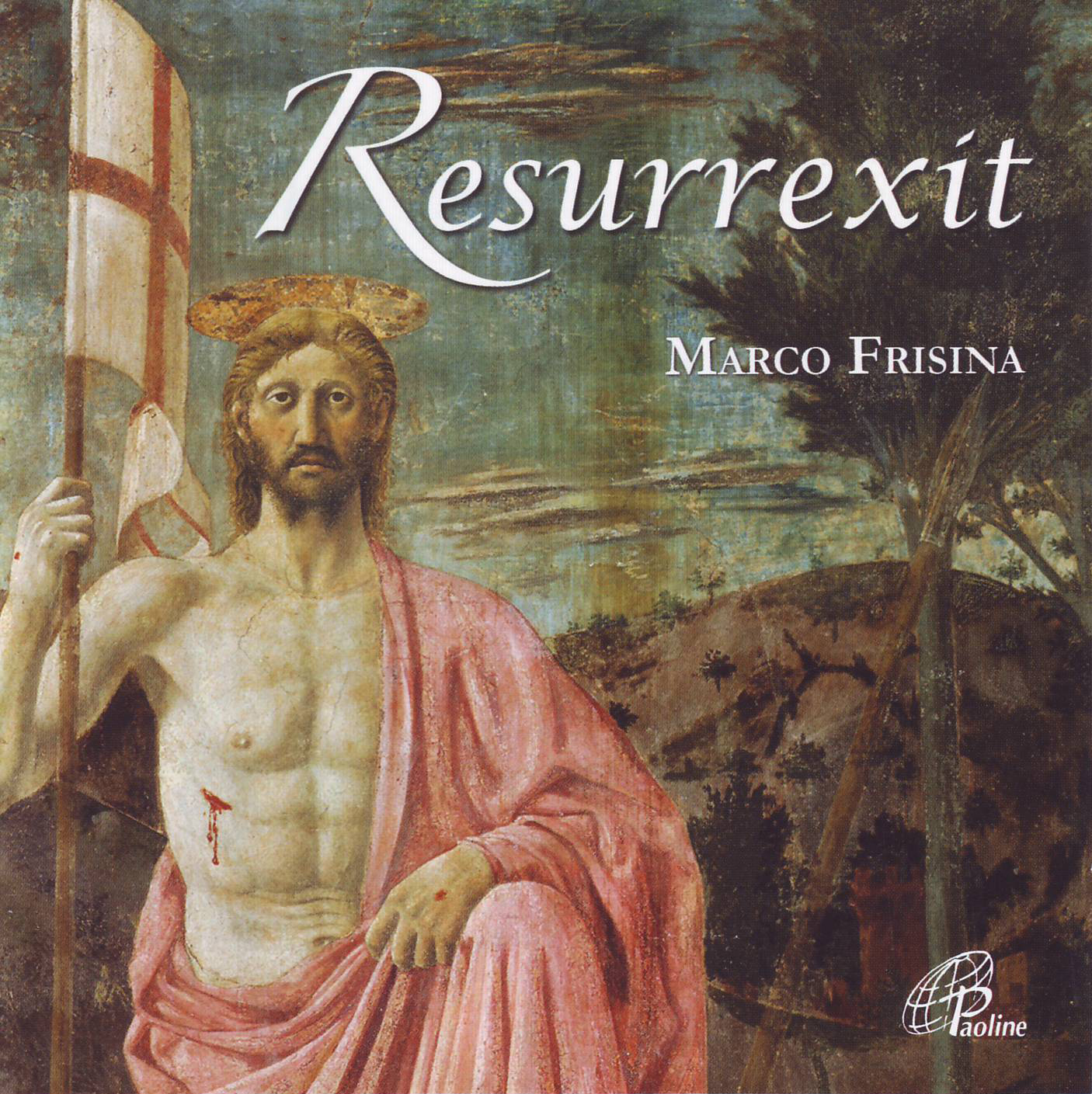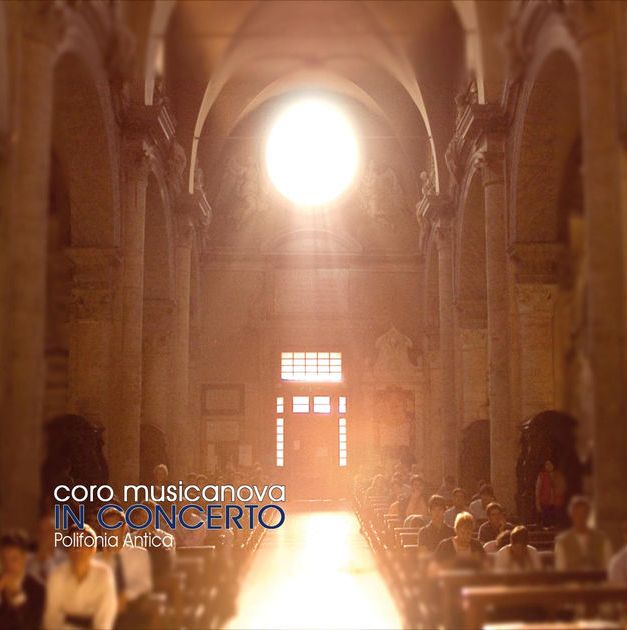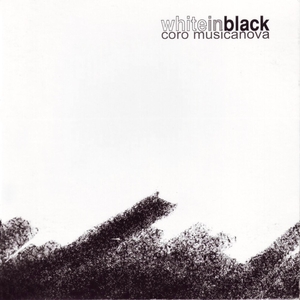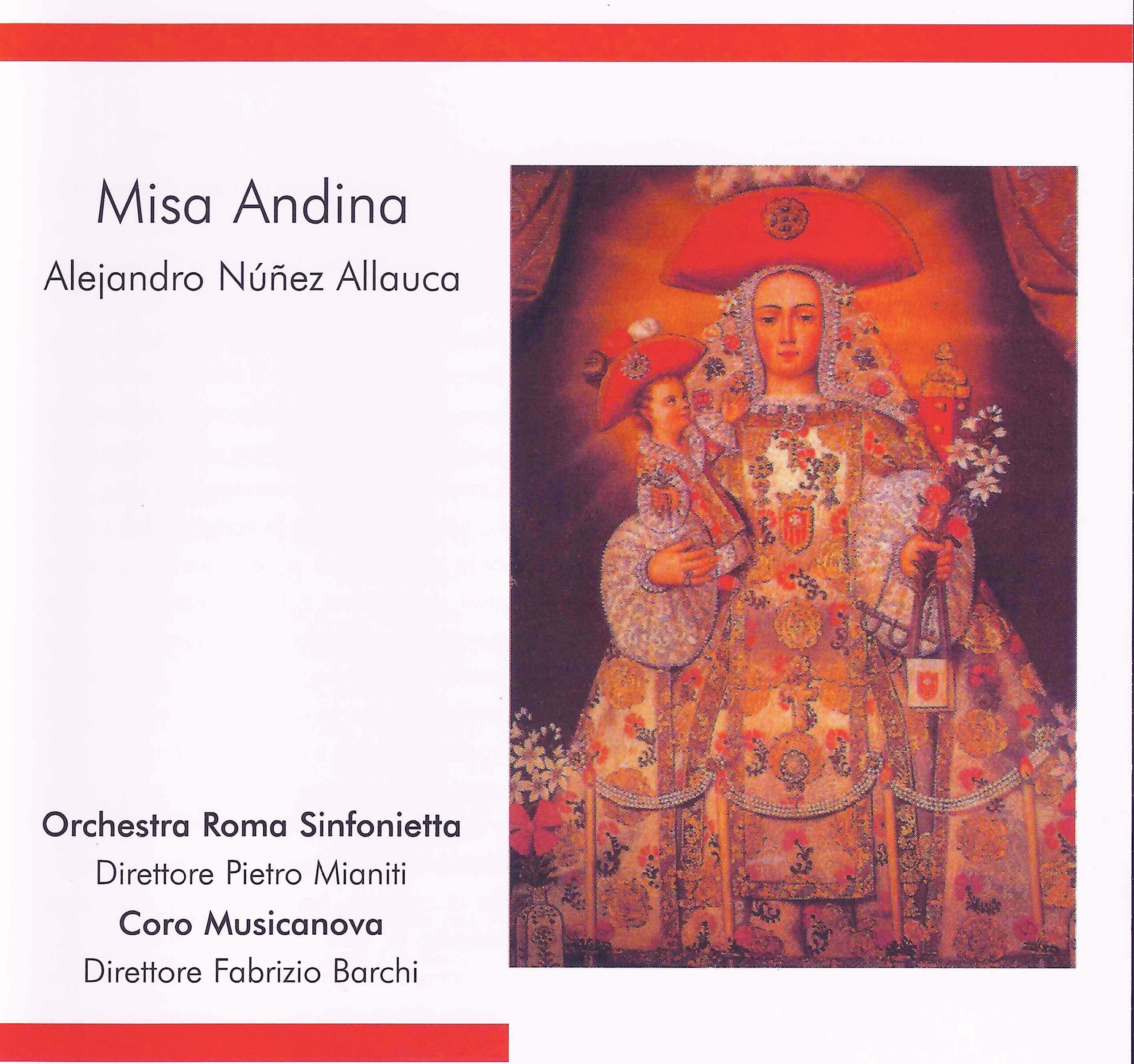Preface by Fabrizio Barchi and Simone Di Stefano
In suggesting a listening key for the pieces in this collection, we consider how the language of music is used to evoke the universal opposites of darkness and light. The contrasts between soft and loud, consonant and dissonant harmonies create fragments that reflect the turmoil and wonder of existence.
This collection features pieces by composers who are historically and stylistically distant from each other, yet united in their exploration of beauty, which the choir seeks to capture in sound and interpretation. The listener embarks on a journey of sensations and emotions, minute by minute, from the experience of darkness that becomes the prelude to the discovery of light. One suffers, becomes passionate, despairs, and is ultimately overwhelmed by the music.
The artistic and musical journey is dynamic, rich in nuances, and never still. Starting from the darkness of Fabrizio Barchi’s *Lux perpetua* and John Rutter’s *Requiem aeternam*, one finds oneself in a deep tunnel of pain where despair and hope alternate in the listening of the strong and expressive contrapuntal dissonances of Antonio Lotti’s *Crucifixus*, Henry Purcell’s *Hear my prayer*, Michael Haydn’s *Christus factus est*, or the bold, irreverent, and futuristic harmonies of Gesualdo da Venosa in his *Tristis est*.
Struggling through the darkness, we hear the piercing cry of pain with which Jesus from the cross calls out to the Father in Bàrdos’ *Eli, Eli*, but with our faces turned towards the comfort of perpetual light, we invoke God’s mercy in Barchi’s *Kyrie*. Rutter returns; let us pause on the beginning entrusted to the cello and its inescapable descriptive solitude in *Out of the deep*: music transforms pain into hope.
The night becomes radiant light: it is Christmas night that Mendelssohn, with his stylistic clarity, describes in his *Weinachten*. Intense, complex, and intimate light is found in Whitacre’s *Lux aurumque*, contrasting with the melodious, calm, and serene light of Rutter’s Psalm *The Lord is my shepherd*.
A dense and introspective emotion accompanies Grieg’s *Hvad est du dog skjØn*, the first of his four Psalms Op. 74; the play of contrasts is also evident in the listening of the elegant and radiant *Pater noster*, a double-choir composition by Jacobus Gallus. This journey, which began in the doubt and turmoil of the human soul, ends with the certainty of light embodied in the melodic fluidity and luminous chords of Palestrina’s motet *Surge illuminare*.
Perhaps it is not just musical beauty, but reflection and harmony. The shadows become quiet, and the listener allows themselves to be lulled by the idea of trusting this play of opposing elements, which are necessary for each other to make sense, coming to understand their profound meaning and initiating a personal yet shared search for depth, intensity, wonder, and truth.
Where light and shadows integrate, blur, and outline reality.
Where we discover ourselves and renew our perspective on the world’s things.
